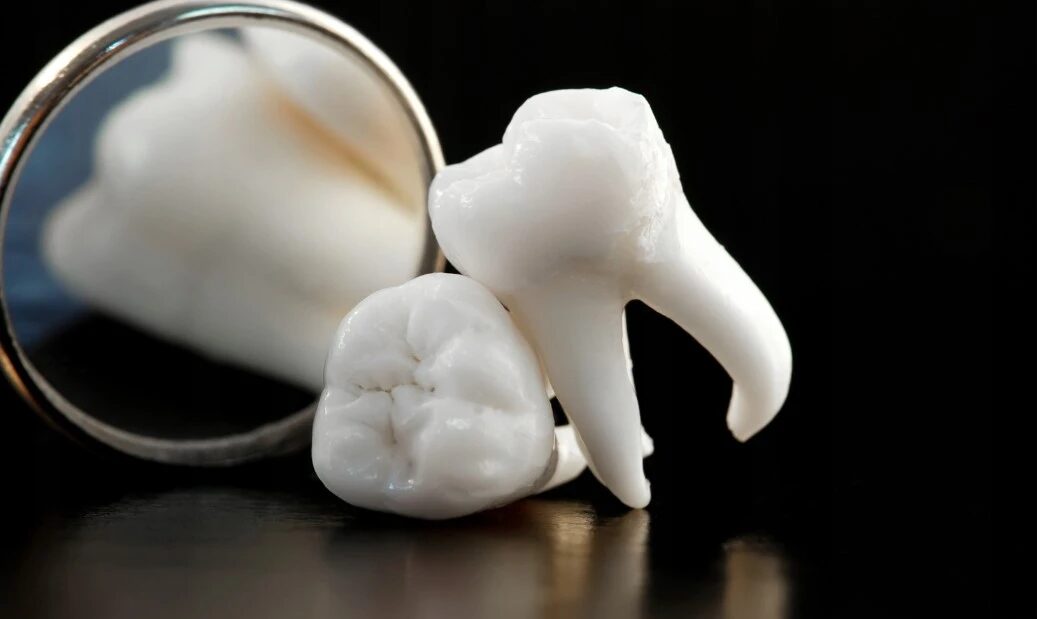Calls for Ukraine
Calls for Europe
Calls for USA

They believe that there are “dormant” buds for third-generation teeth in the gums.
According to Japanese scientists, “dormant” buds for third-generation teeth are hidden under the gums and can be activated to grow.
People with missing teeth will be able to grow new ones, according to Japanese dentists. They are testing an innovative drug that is intended to be an alternative to dentures and implants. This was reported by the France 24 news agency, citing Katsu Takahashi, head of the oral surgery department at the Medical Research Institute of Kitano Hospital in Osaka.
In October last year, his team began clinical trials at Kyoto University Hospital. Adult volunteers are being given an experimental antibody-based drug to stimulate the growth of hidden teeth. As the scientists explained, humans only grow two sets of teeth (baby teeth and permanent teeth). However, according to Katsu Takahashi, there are “dormant” third-generation teeth hidden under the gums.
Dental prosthetics (for teeth lost due to caries, disease, or trauma) are an expensive procedure. Japanese doctors are confident that restoring natural teeth will be cheaper and less unpleasant for the patient. Dentists prioritize helping children who are born without six or more permanent teeth.
Congenital adentia is a condition in which six or more teeth are usually missing. It occurs due to a disruption in the formation of tooth buds. Many of the genes that cause this disease are common to both mice and humans. Patients with congenital adentia lose their teeth in early childhood, when the jawbone is still developing, so treating them with dentures or dental implants is difficult. During growth, children develop a condition of oral weakness (decreased ability to eat), which negatively affects growth, for example, atrophy of the jawbone supporting the teeth develops.
According to Takahashi, about 0.1% of people suffer from this hereditary disease, which causes serious chewing problems. The researchers want to make the drug available without a prescription as early as 2030. Treatment with antibodies in mice has already been effective: the rodents have grown new teeth.
Chengfei Zhang, clinical professor of endodontics at the University of Hong Kong, noted that Takahashi’s method is “innovative and has great potential,” but “the claim that humans have hidden tooth buds capable of producing a third set of teeth is both revolutionary and controversial.” He emphasized that “results observed in animals do not always translate directly to humans.”
The tooth growth drug will be tested on men and children without molars.
The first phase of testing on mice and ferrets lasted 11 months. The proposed drug deactivates the intrauterine sensitization-associated gene-1 (USAG-1) protein, which suppresses tooth growth. Blocking the interaction of USAG-1 with other proteins stimulates the transmission of bone morphogenetic protein (BMP) signals, which triggers the formation of new bone. This led to the emergence of new teeth in the mouths of mice and ferrets, species that have almost the same USAG-1 properties as humans. Molecular biologist and dentist Katsu Takahashi has been working on tooth regeneration since 2005.
Please rate the work of MedTour
